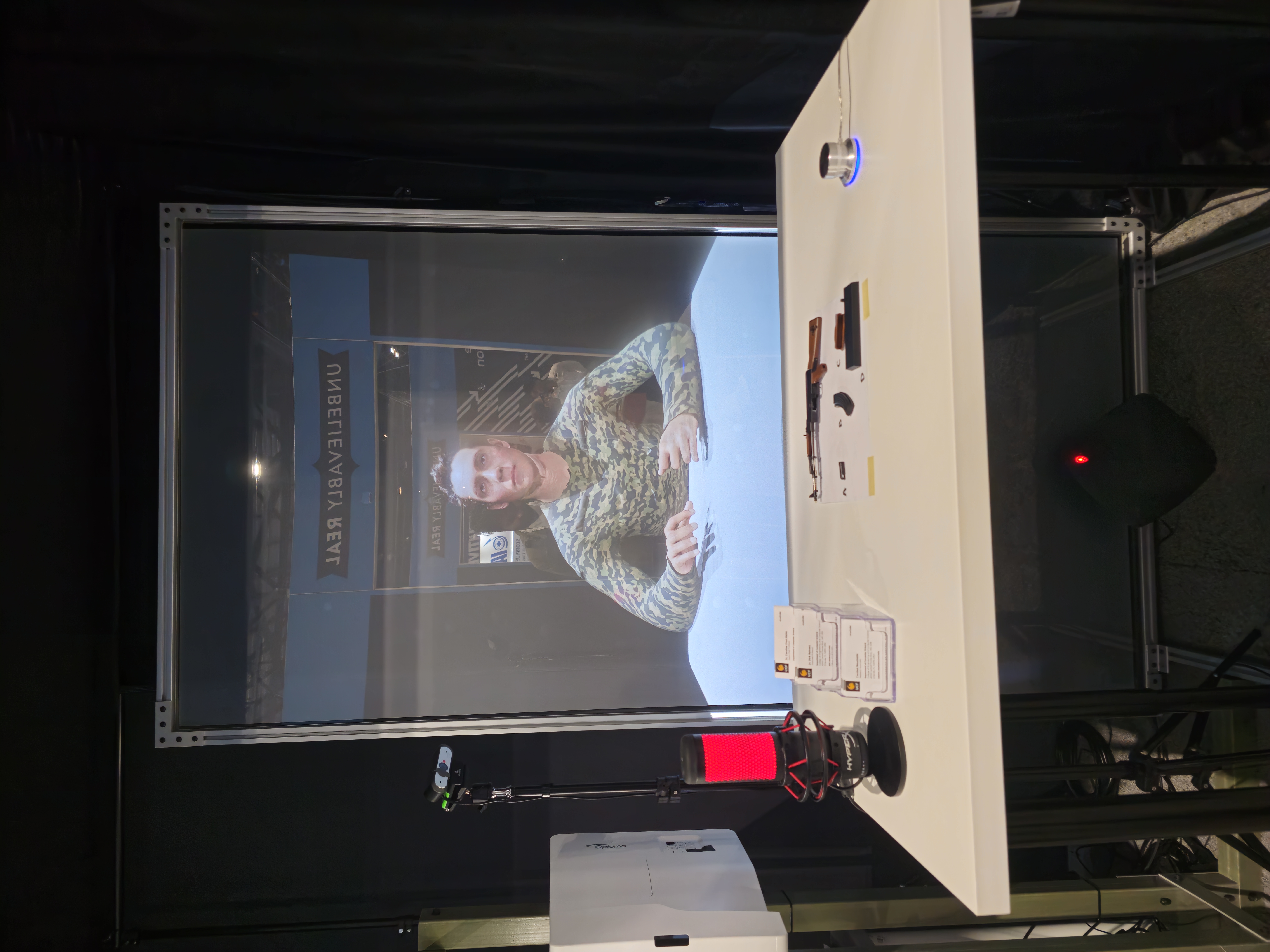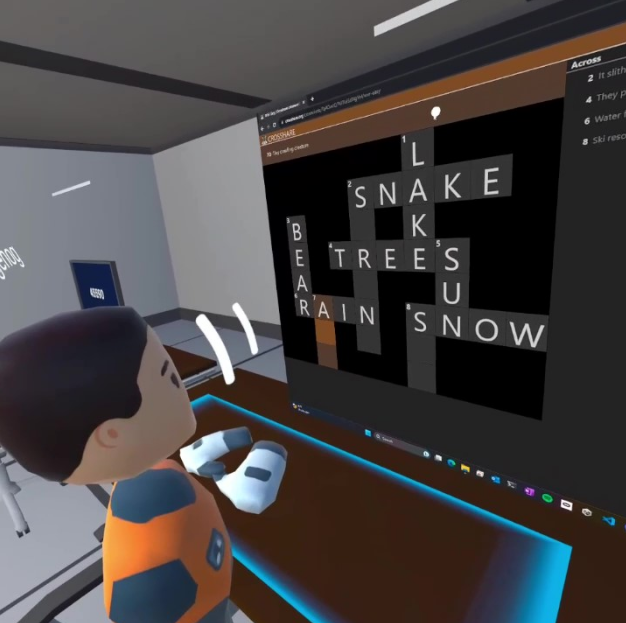2024 |
|
 | Abdul Mannan Mohammed; Azhar Ali Mohammad; Jason A. Ortiz; Carsten Neumann; Grace Bochenek; Dirk Reiners; Carolina Cruz-Neira A Human Digital Twin Architecture for Knowledge-Based Interactions and Context-Aware Conversations Conference 2024 Interservice/Industry Training, Simulation, and Education Conference (I/ITSEC), 2024. @conference{mohammed2024HDT,Recent developments in Artificial Intelligence (AI) and Machine Learning (ML) are creating new opportunities for Human-Autonomy Teaming (HAT) in tasks, missions, and continuous coordinated activities. A major challenge is enabling humans to maintain awareness and control over autonomous assets, while also building trust and supporting shared contextual understanding. To address this, we present a real-time Human Digital Twin (HDT) architecture that integrates Large Language Models (LLMs) for knowledge reporting, answering, and recommendation, embodied in a visual interface. The system applies a metacognitive approach to enable personalized, context-aware responses aligned with the human teammate's expectations. The HDT acts as a visually and behaviorally realistic team member, integrated throughout the mission lifecycle, from training to deployment to after-action review. Our architecture includes speech recognition, context processing, AI-driven dialogue, emotion modeling, lip-syncing, and multimodal feedback. We describe the system design, performance metrics, and future development directions for more adaptive and realistic HAT systems. |
2023 |
|
 | Jason A Ortiz; Carolina Cruz-Neira Workspace VR: A Social and Collaborative Telework Virtual Reality Application Conference Companion Publication of the 2023 Conference on Computer Supported Cooperative Work and Social Computing, CSCW '23 Companion Association for Computing Machinery, Minneapolis, MN, USA, 2023, ISBN: 9798400701290. @conference{ortiz2023workspace,COVID-19 lockdowns accelerated user adoption of remote collaboration technologies such as Zoom and Microsoft Teams. Despite the challenges of working remotely, many knowledge workers still desire the flexibility of hybrid work and its personal benefits allowing for more productive individual work. However, return-to-office (RTO) mandates suggest an inclination that in-office work allows for more productive teamwork. To resolve these conflicting desires, Workspace VR was created. Unlike other social telework virtual reality (VR) applications, Workspace VR enables uncoordinated, social, collaborative, and productive individual work and teamwork via virtual avatars, workspaces, and integration with user computers. Designed for Meta Quest devices, users can feel like they are working together with others without constraints in Workspace VR. |